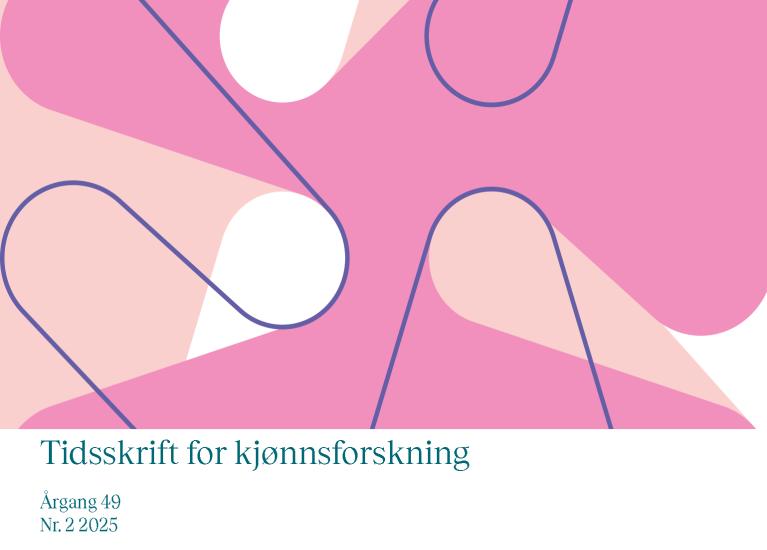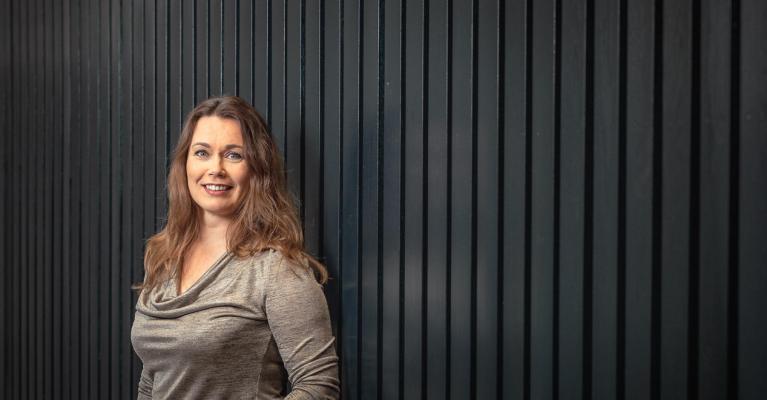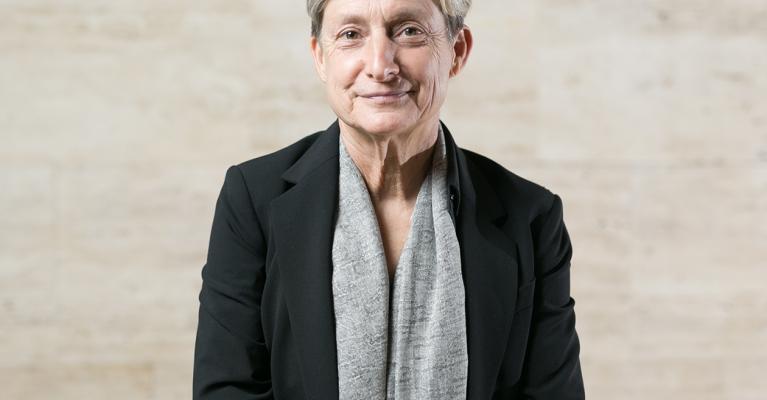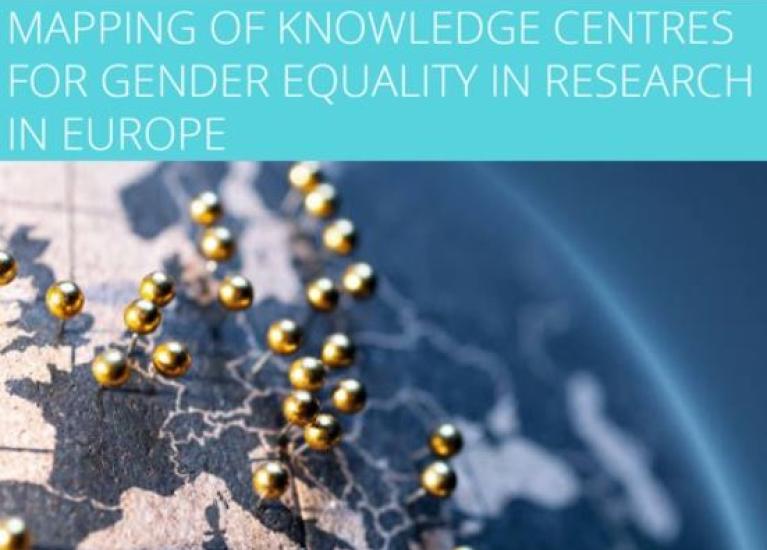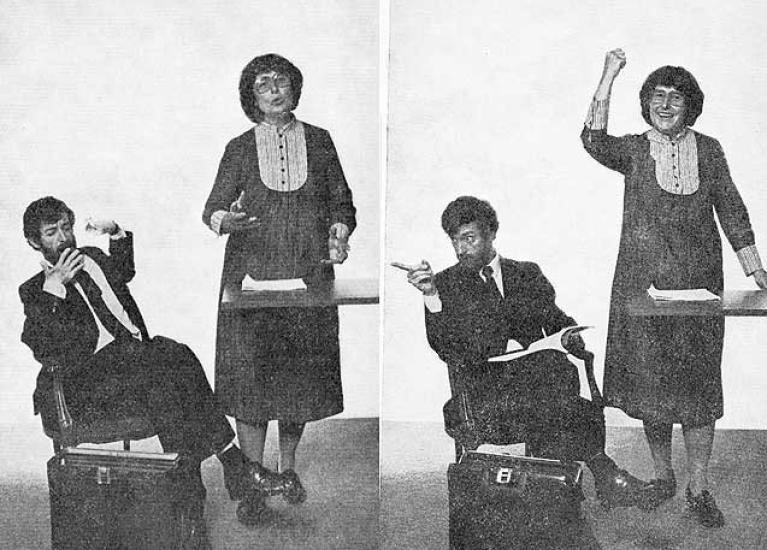Kilden genderresearch.no
News Magazine
Our news magazine is an independent online newspaper and a member of the Norwegian Specialised Press Association Fagpressen.

The most read articles in 2025
An article on Knausgård, masculinity and "My Struggle" was Kilden magazine's most read article in 2025. The other most read articles cover a variety of issues: from angel healing to Ruth Reese and anti-racism in Norway.
Equality research in the Arctic overlooks local conditions
There are major socio-cultural differences between the north and south, according to researcher Mervi Heikkinen. Many students in Northern Sweden, Norway and Finland are the first in their family to pursue higher education.
Prostitution, homosexuality and public scandals: When the Danes discovered «heterosexuality»
In 1906, 14 men were charged with homosexual offences in Denmark, initiating a wave of press reports and public debate about sexual orientation and citizenship.
“It’s hard to overstate how important Judith Butler has become"
The philosopher is regarded as academic superstar by some, controversial activist by others. "Butler’s influence extends well beyond academia", says Amund Rake Hoffart.
Artificial intelligence
Artificial intelligence is expected to open up great opportunities for society, but what do we know about artificial intelligence and gender equality?
Gender Equality in Research in Europe
Kilden genderreseach.no has mapped similarities and differences among European knowledge centres that work with gender perspectives and gender balance in research.
Master suppression techniques
Master suppression techniques are strategies people or groups of people can use to dominate or humiliate others in a subtle, indirect way.
